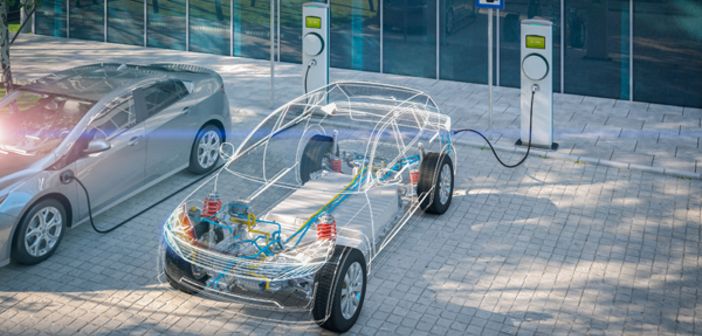British engineering consultancy Ricardo has been awarded funding from the Office of Low Emission Vehicles (OLEV) to create a digital-twin simulator to accelerate the development of electric and hybrid vehicles.
According to Ricardo, its digital twin will enable a representation of any physical product to be tested for operational performance, thereby allowing automotive OEMs to optimise vehicle design.
Over the next six months, the project aims to assess the impact of simulation technology on product development and evaluate the benefits of a digital-twin on in-service product maintenance.
The project will be awarded £113,000 from OLEV through Innovate UK and will initially focus on defining the digital-twin requirements for each key sub-system within an electrified powertrain. It will then develop the digital-twin before integrating the technology into each sub-system.
Ricardo’s head of digital engineering, James Mullineux, said: “Research and development are at the heart of everything we do at Ricardo. Taking a very focused approach to R&D means that, as with this project, we can leverage digitalisation to find transformative solutions for vehicle manufacturers, which add real value in terms of improved efficiency and quality, and offer very significant reductions in cost, time and risk.”
The consultancy said it expects the project to develop a clean and efficient propulsion systems with significantly reduced timescales. The digital-twin will be able to provide model hierarchy, data exchange, historical data management and standardised interfaces.
Furthermore, when results are required quickly simplified models using automatic model reduction can enable faster interactions. Ricardo said by switching to a virtual product development process automakers could save millions of pounds per product.





